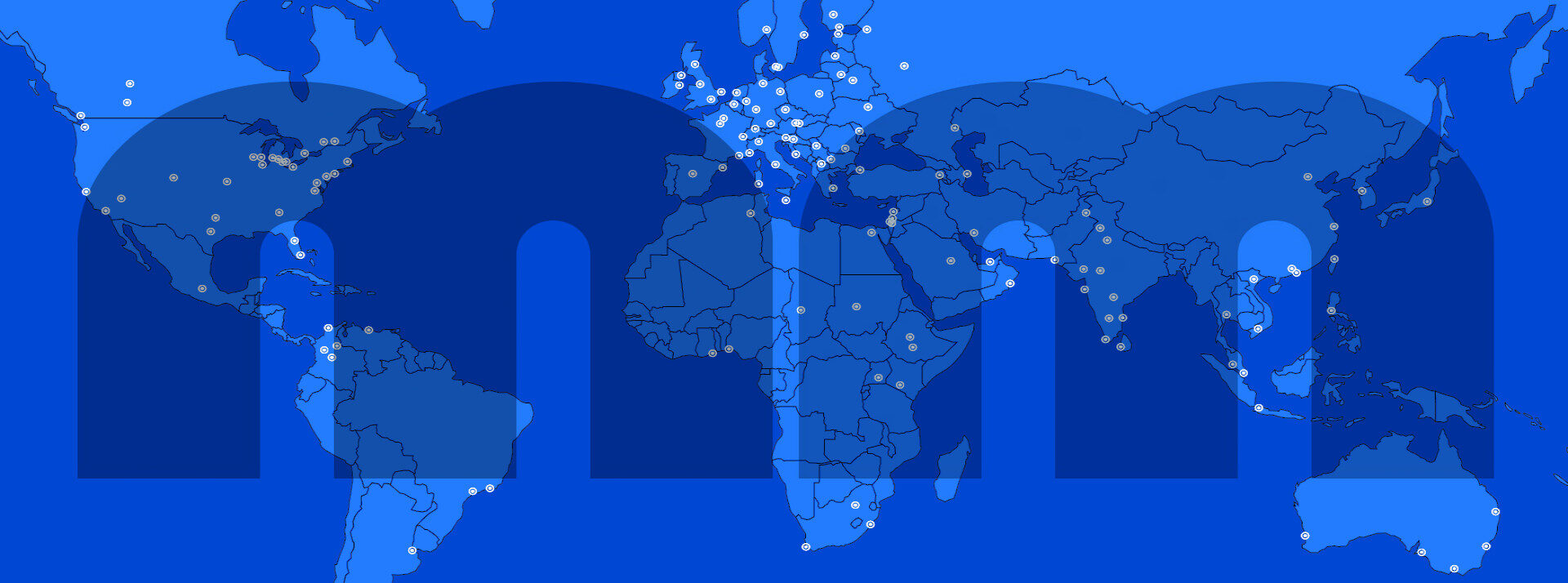Thoughts about Mobile World Congress and Predictions for Year 2011
Posted on: January 8, 2011 – Filed under: Dusseldorf
I’ve gathered some ideas I’d like to share with you about what we’ll see this year and at the Mobile World Congress 2011 in Barcelona coming up in February.
We are reaching the sweet spot as VCs say when the penetration of a new technologies reaches 20%. Consumers start to really want and enjoy mobile data! With a great selection of user friendly smart phone, affordable data plans (no more bill shocks, at least within the EU) and service, in particular apps that people really want badly, mobile data is about to explode. And it is still getting better 😉
1. Devices. Devices. And more Devices. The consumer will be the winner during the smart phone race. She and he will be offered a thrilling number of new and better devices. The only downside: too much choice. It’s going to hard to find her or his perfect device… What OS? Which brand?
2. More sensors. Sensors are cool, like if you point the device in a certain direction and the map turns. Devices will have more and more sensors like gyroscope, rotation vector, linear acceleration, gravity, barometer, humidity. New apps will take advantage of those… possibly there will be nothing really great coming out in 2011 for human users, maybe this will prove more exciting for analytical and observational devices feeding to other systems.
3. What about tablets and e-books? I usually like to think of mobile devices as devices that can be operated single handed and even while walking. I do not consider tablets and e-books real “mobile” devices rather they are more like laptops to me (event though they my be instant on). Still they will juice up mobile devices indirectly: Since applications running on the new tablets and e-books will be more often than not made available on smart phones as well.
3a. Tablets are the new kids on the block. It looks like many manufacturer were caught by surprise (remember the astonishment when Asus launched the Eee PC 2007/08?). High-end tech addicts will have one (probably with mobile data inside) and occasional users will start buying one to replace their PC or laptop as main device at home. I am skeptical about applications on tablets outside the iPad – let’s see how Android 3.0 will be received by the consumer and what Microsoft will do about it.
3b. And then there are e-books. As such – not so interesting. However, connected e-books (and some tablets) enable social reading – that is user interacting about what they read, sharing emotions or notes, discussing amongst each other or engaging with the author: just a hype today and a real revolution tomorrow. Many e-books apps are available for smart phones thus reaching a huge potential user base.
4. Apps. Apps. And more Apps. Browsing apps, downloading, possibly paying and owning them seems to be a great paradigm for mobile. The HTML5 and more capable browsers many apps merely required an app icon as a browser bookmark. Still, based on the users’ behavior I believe apps will further dominate the mobile services in general. Plus:
5. With smart phones as new platform 2010 has been the year of Mobile Gaming with games like Angry Birds achieving over 50 Mio. downloads. We’ll see more shooting stars in 2011. Lovely.
6. Mobile Advertising is growing with the apps market with in app advertisement being one of the main drivers.
7. Eventually, NFC (Near Field Communication) will be integrated into some mainstream devices. What has been the norm in Japan for years with Felica is coming to the Western consumer. Combining NFC with other technologies allows for many proximity-based services: information, advertisement, identification and access, loyalty schemes, payment. Many new services to users, organizations, merchants, and advertisers will be developed, however, due to multitude of existing channels adaptation might be slow. In Japan public transportation in Tokyo was one of the main drivers. What will be the killer app in the Western world?
8. LTE (quasi 4th generation: based on the definition only LTE-advanced expected in 2012 will meet the criteria of 4G) will have a slow start in niche areas like rural areas or business users. User may not want to pay more than for earlier generations of mobile data (HSDPA).
9. Mobile Data will have another big year, obviously even bigger than 2010. More and more people will want to be always online. And still many are waiting to be convinced. Mobile data will also be offered by existing DSL /cable companies complementing their offering. Thus the mobile operator is partially competing against its own white label solutions. Operators in 2011 might further reduce prices while testing new price differentiation models. For what services are consumers willing to pay extra? Roaming options, VoIP, P2P, ultra fast reaction time (e.g. for gamers), premium / preferred service when network is clogged? What is technically feasible?
10. What are your thoughts? What is missing? Leave a comment…

